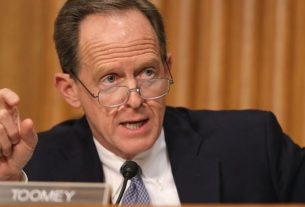Lower commodity prices and reduced support payments look like outweighing lower production costs this year, which should prompt a discussion about the future direction of English farm businesses, says consultants and research company Andersons.
“High costs will remain the big issue for many farmers in the short-term, but the reduction in support is being increasingly felt,” said partner and head of business research Richard King in London at the first in a series of seminars across the country throughout March.
“Costs have fallen from the highs of last year, but there is no signs of any immediate decline in input prices soon, while wages seldom fall and prices do not return to where they were before they were raised.”
The drop in input costs has been mirrored by a fall in commodity prices including cereals, oilseeds, milk and lamb.
Beef prices are still supported by reduced global supply and pig and poultry prices are recovering from substantial losses made over the last two years.
“Many English farmers will feel the impact of reduced support payment this year, with the minimum deduction in 2023 at 35 per cent of 2020 levels,” said Mr King.
“In addition, high inflation of 10 per cent has eaten into payments which are not linked to inflation. However, the move to pay half of support payments in the summer has helped cashflow and from 2024, there will be no cross-compliance requirements in order to receive the remaining Basic Payment Scheme payments.”
The continued shift away from direct support may lead to more interest in the sustainable farming initiative (SFI). Figures obtained by the Observer newspaper found that only £10.7 million was paid under the SFI in 2022, which was the equivalent of less than 0.5 per cent of the English post-CAP farm support budget. That contrasted with a 22 per cent decline in direct payments.
“Uptake of the SFI so far has been slow, but there are a greater range of environmental options to adopt now and many farmers continue to remain in the Countryside Stewardship which has effectively become the second tier of the Environmental Land Management Scheme.
The current budget is only guaranteed until the next election and there might be a use it or lose it approach if farmers do not adopt more measures.”
Farmers in Scotland and Wales will also need to start preparing for changed supports at the end of 2024, which will require greater environmental action in return for payments.
There is also a need to improve farm productivity, according to Mr King. Since 2005 it has only been improving at a rate of 0.7 per cent a year.
He said that grants such a the Farming Investment Fund could help on-farm productivity, but farmers also need to assess how they are operating and whether they are using all their assets, including non-farming ones, to their full potential.



